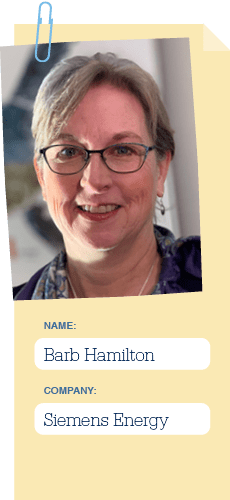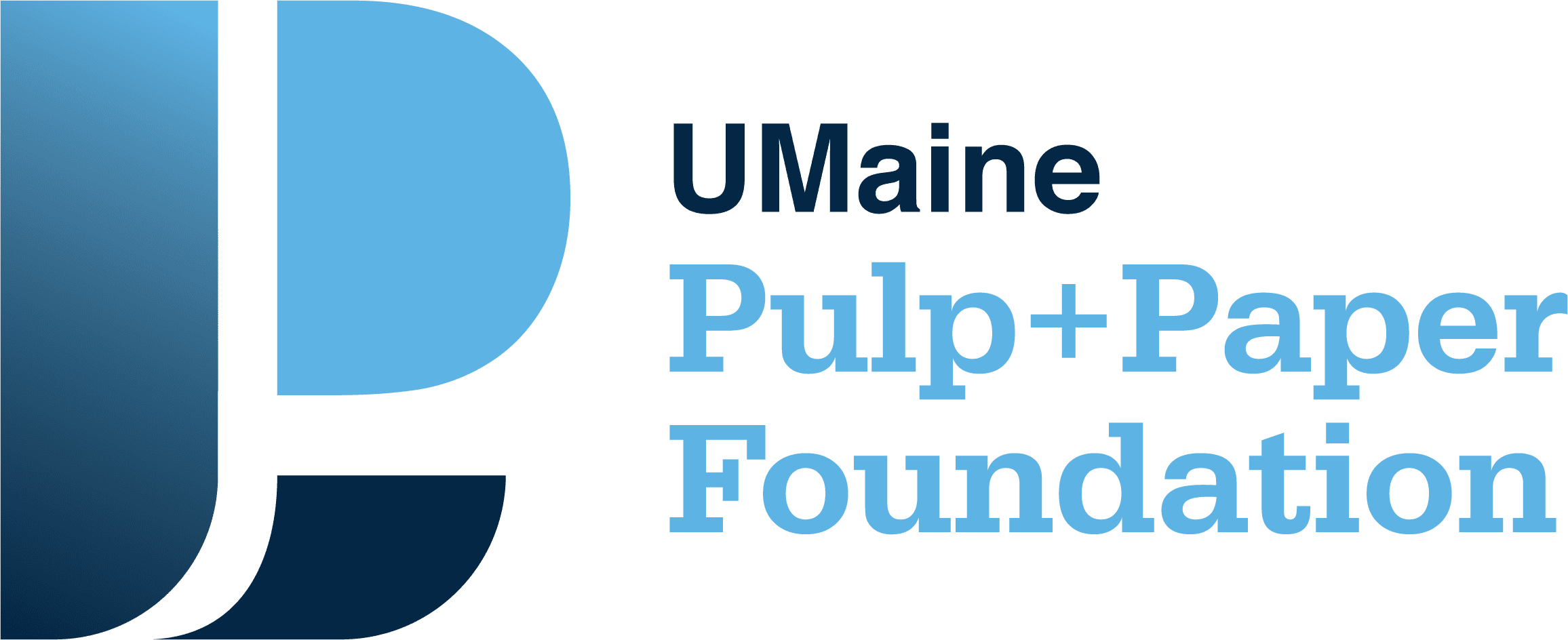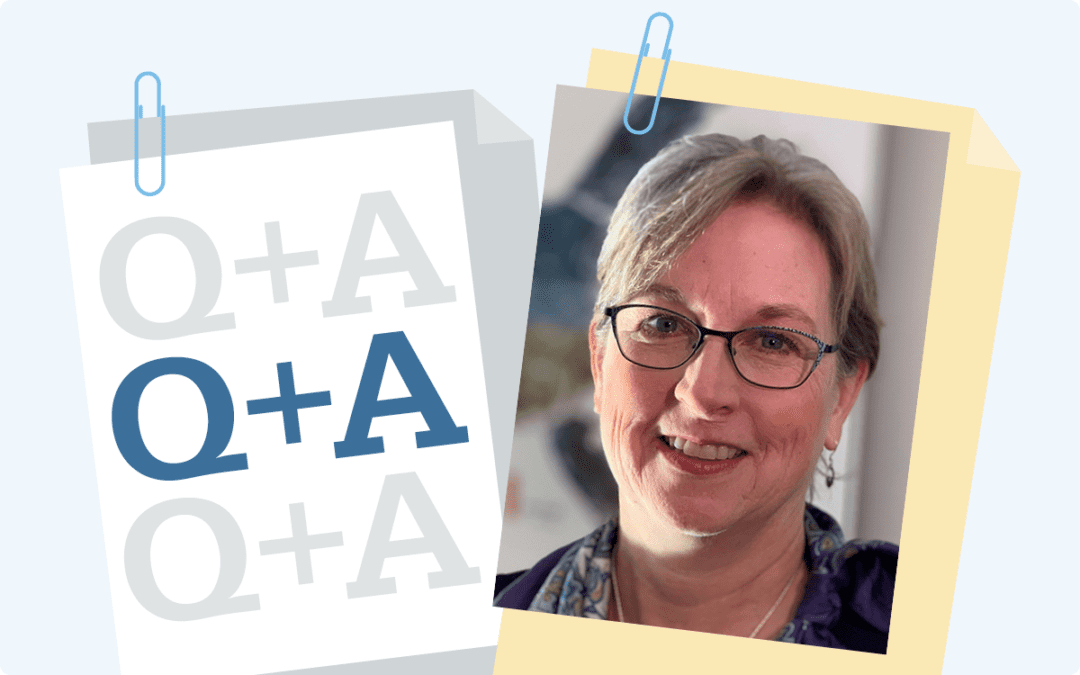 Q: What are the biggest challenges you face in recruitment?
Q: What are the biggest challenges you face in recruitment?
A: Casting a net wide enough to be able to recruit uniquely qualified people as well as still being focused on candidates with the skills we need.
Some of the best candidates may not necessarily have the exact technical skills and may not believe they should apply. Some of the very best candidates are not necessarily looking to move so it can be difficult to find them.
Q: What skills do potential hires need in order to be successful at their job?
A: Communication, communication, communication. And perseverance because communication is hard.
Q: What do you think are common misconceptions about the industry that need to be debunked?
A: That it is a dying industry, that it is low tech, and that it is high polluting. None of these could be further from the truth!
Yes, the industry is consolidating and the need for efficiency has reduced the number of employers. But there is an increasing market for recycled and recyclable products. There are interesting fiber-based alternatives for packaging, food service and plastic coming on the market. Development of these alternatives both technically and commercially will require smart people to think outside the box. (Pun intended. 😊)
Q: Why should students or graduates of University of Maine Pulp and Paper Foundation apply for employment at your company?
A: I will say that Siemens describes itself as a “B to Society” company—a play on B2C and B2B descriptors and many of the Foundation company members could describe themselves as B2Society also.
These companies, Siemens included, are trying to improve society via reduced packaging, more efficient production, reduced emissions and creative use of wood pulp derived products. The paper industry already has technology to contribute to the circular economy.
Q: What does the future of the industry look like?
A: The future of all industry is contribution into a circular, regenerative economy and away from a linear economy (make-use-toss-replace).
Right now, there is still quite a bit of the paper industry that falls into the latter category, but it is absolutely an industry that can adapt. It is an industry that can make recycling economically attractive. Even our raw material can be regenerated easily with sustainable forestry practices.
Q: What are some new practices or trends within the industry that more people should know about?
A: The ability of the industry to adapt to a regenerative economy is high on my list. Another aspect is the creative use of fiber-based materials to replace plastics. This is as simple as using paper instead of Styrofoam. There are also some interesting things happening with dissolving pulp to be used for hard plastics such as handles on hammers and screwdrivers.
New packaging designs that use less material and no plastic are gaining traction in the market. There is also a trend toward analog—using paper for high quality photographs, paper planners, or sending real letters to make strong connections. If we can marry this trend with recycling, or even power generation then we will be making real progress. We cannot solve today’s problems with yesterday’s solutions.
Q: What makes University of Maine Pulp and Paper Foundation students or graduates good candidates or employees?
A: The emphasis on experiential learning and performance. Every scholarship recipient has the opportunity for hands-on engineering work prior to graduation via a summer internship or co-op. A graduating engineer with excellent grades and proven work experience is highly valuable to an employer.
Q: What is the most beneficial thing that University of Maine Pulp and Paper Foundation provides for you and how?
A: Community. The members of the Foundation are an extraordinary community of passionate people. This goes way beyond networking—the University of Maine Pulp and Paper Foundation is like family. We care deeply about our students, our University, our industry and each other. It is a truly unique organization.
Q: What are some interview tips you can give UMPPF applicants—the dos and don’ts?
A: Tell stories and give examples. Know that some of the most powerful examples may have little to do with engineering or technology. Have these stories (life experiences) already formed in your brain before you arrive to your interview.
Don’t tell me you are creative and innovative. Tell me about a time you figured out how to make an entire set for the school play using two pieces of plywood, seven broken chairs and some artwork from your niece’s daycare.
Don’t tell me you are interested in manufacturing productivity. Tell me about devising a workflow at the ice cream stand that allowed your team to serve more customers than any other team.
Don’t tell me that you are goal oriented. Tell me why it was important to you to become first chair in the school orchestra while also maintaining an “A” average and how you organized your week to find time to practice and study.


Recent Comments